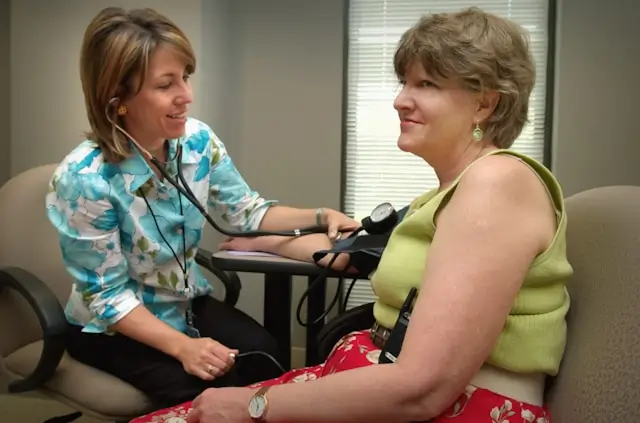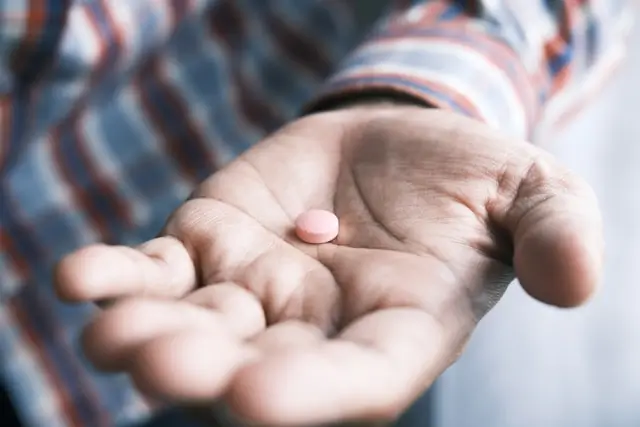I Can’t Afford My Medication Even With Insurance
Finding affordable healthcare in the U.S. can be difficult, especially when it comes to prescription medications. Many people find themselves struggling to pay for essential medicines, even if they have insurance. This situation has left countless people wondering how they’ll manage to cover their monthly prescriptions and stay healthy without breaking the bank.
If you’re struggling to afford your medication despite having insurance, you’re not alone. You may be able to find assistance through discount programs, nonprofit aid, or by comparing costs across different pharmacies.
Why Is Medication So Expensive Even With Insurance?

You may think that having health insurance would cover most of your medication costs, but unfortunately, it doesn’t work that way for everyone. Insurance plans can have high deductibles, copays, or coverage gaps, which can leave you paying more out of pocket than you’d expect.
For some people, medications may fall under “specialty drugs” that have higher costs, or insurance companies may only cover a portion of the cost, leaving you with a big chunk to pay yourself.
Additionally, medication prices in the U.S. are often unregulated, allowing drug manufacturers to set high prices that don’t necessarily match the drug’s production cost. This problem hits hardest for people who fall in between income brackets—those who make too much to qualify for Medicaid or other low-income assistance programs but not enough to comfortably afford high prescription costs.
What If I Don’t Qualify for Financial Aid?
If you’re struggling but don’t qualify for Medicaid or other government programs, it’s a frustrating position to be in. Many assistance programs are designed for people living below the poverty line, but if you’re making slightly above that threshold, you might feel stuck.
For example, someone making double the poverty line in a high-cost city might still struggle to make rent and pay for medications, yet not qualify for aid.
This reality leads many people to search for alternative ways to cut down on costs. For some, discount programs like GoodRx can be a big help. GoodRx often provides cheaper prices than your insurance, depending on the drug and pharmacy.
However, prices can fluctuate monthly, so you’ll need to keep an eye on the cost. Other programs, like Cost Plus Drugs by Mark Cuban, have also started offering cheaper alternatives by cutting out middlemen, though you may need to switch your prescription over to a pharmacy that works with those programs.
Can Medicare or Medicaid Help Me?
If you’re over 65, Medicare is an option that can help cover medical expenses. However, for those under 65, getting government help is harder. Medicaid is available for low-income individuals and families, but the income limits can be strict. Additionally, even if you qualify for Medicaid, not all drugs may be fully covered, and copays can still add up.
Medicare also has coverage for people under 65 with certain severe health conditions, like dialysis patients. Dialysis is incredibly expensive, so Medicare coverage can make a huge difference for these patients. But beyond dialysis and a few other critical conditions, younger people generally can’t rely on Medicare until they reach retirement age.
Expanding programs like Medicare to cover more people with chronic conditions could help millions, but until there’s reform, people with conditions like diabetes, heart disease, and cancer often face high out-of-pocket costs.
Why Are Some Drugs Cheaper at Certain Pharmacies?
Drug prices are not consistent across pharmacies, even for the same prescription. This happens because pharmacies negotiate their prices separately with suppliers and insurance companies, leading to varying costs.
Using tools like GoodRx, you can search different pharmacies to see which ones offer the lowest prices for your medication. Sometimes, using a discount program or buying generic versions of drugs can make a significant difference in price.
Pharmacies that work with discount programs may also have different contract terms, which could explain why the price of a medication varies from one pharmacy to another. If you need to reduce costs, consider calling multiple pharmacies to compare prices, and don’t hesitate to ask about generic options if they’re available.
How Do I Find Out if I Qualify for Free or Low-Cost Medication Programs?
If you’re struggling to pay, you might qualify for an indigent care program. Many pharmaceutical companies offer programs for people who can’t afford their medication. These programs vary widely, and some may cover only a limited number of prescriptions each month.
For example, a local program might cover three prescriptions per month, which could make a huge difference for someone on a limited income.
However, navigating these programs can be tricky. You often need to provide proof of income, medical history, and possibly even a doctor’s note. If you’re unsure where to start, check with your doctor or pharmacist—they may be aware of programs that could help you. There are also nonprofit organizations that help people apply for these programs and manage the paperwork.
What Are Some Alternatives to Prescription Medications?
If your medication costs are too high, it’s tempting to think about alternatives, though this decision should always be made with a doctor’s guidance. Some over-the-counter (OTC) medicines may offer similar benefits to prescription drugs, and they’re usually cheaper.
However, OTC medicines may not be as effective as prescription medications, especially for chronic conditions, so it’s essential to talk to your healthcare provider first.
Some people also turn to lifestyle changes to reduce their reliance on medication. Diet, exercise, and stress management can play significant roles in managing conditions like high blood pressure or diabetes. Again, this isn’t a replacement for your medication but could reduce your need for it over time.
How Can I Advocate for Lower Drug Costs?
The high cost of prescription drugs is a major issue that affects millions. If you’re feeling frustrated by these costs, consider supporting organizations and legislation that aim to reduce drug prices or expand healthcare coverage.
By speaking up or joining advocacy groups, you can help push for reforms that could make a difference not only for yourself but also for others who are struggling.
For example, some advocacy groups work on expanding Medicare to cover more chronic conditions, arguing that broader coverage would save lives and reduce financial stress. While changing the system takes time, your voice can help push for more immediate solutions and fairer policies.
Key Points to Remember
- Insurance may not cover all medication costs, and some drugs may have high out-of-pocket expenses.
- Discount programs like GoodRx and Cost Plus Drugs can offer significant savings on prescriptions.
- Medicaid is available for low-income individuals, but income limits are strict, and not everyone qualifies.
- Medicare is primarily for those over 65 but also covers dialysis patients regardless of age.
- Pharmacies vary in pricing; shop around to find the best price for your medication.
- Pharmaceutical programs and nonprofit aid may provide free or reduced-cost medications if you qualify.
- Over-the-counter alternatives and lifestyle changes may help, but always consult your doctor.
Thanks for reading—I hope this article helped you navigate some of the options out there. If you have any questions, feel free to comment below!

